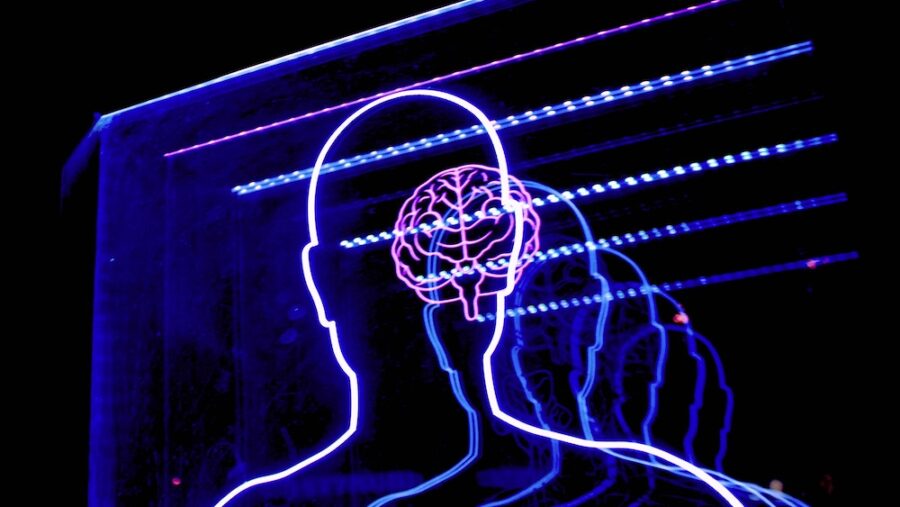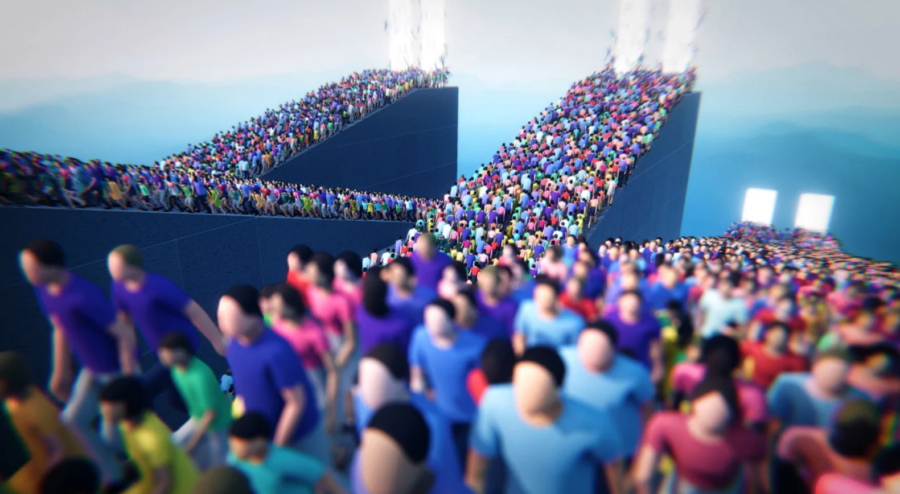Human Consciousness A Side Effect Of Something Terrifying?

Human consciousness is one of science’s greatest mysteries, and it’s one we’ve been trying to crack basically as long as we’ve been able to philosophize. We understand that we have consciousness, but where does it come from, and why? Well, one possible and slightly terrifying theory posits that our consciousness could be a result of entropy (via Science Alert).
Human consciousness is a hard subject to study, but a new scientific theory ties it to entropy.
The theory comes from a 2016 study conducted by a team of researchers from France and Canada, and it suggests that human consciousness is merely a side effect of our brain maximizing its information and information content while moving gradually toward a state of entropy or disorder. In simple terms, entropy is used to measure the level of disorder and randomness in a system. The second law of thermodynamics suggests that entropy can only increase with time.
Think of melting ice to imagine entropy in action — the frozen ice has low entropy with organized molecules in a fixed state. It then enters a state of higher entropy when the ice melts as the molecules are moving freely and disordered before hitting the highest entropy when the water heats and becomes gas to allow the molecules to move freely through space. The researchers in the study applied the concept of entropy to the connections and patterns in our brains and how they order themselves when we’re conscious or unconscious. Their findings have the interesting suggestion that entropy could indeed be connected to the reason for human consciousness.
The findings indicated that the wakeful states of the subjects saw the most configurations between brain networks and the highest entropy values, suggesting human consciousness was an emergent property of this entropy.
The studies were conducted using a statistical mechanics probability theory to model the neurons in the brains of nine subjects, seven of whom had epilepsy. The study looks at the synchronization of neurons to find out if the brain cells were linked. The findings indicated that the wakeful states of the subjects saw the most configurations between brain networks and the highest entropy values, suggesting human consciousness was an emergent property of this entropy.

One dataset in the study compared the connectivity patterns of the subjects while they were asleep and while they were awake. The other dataset compared the patterns of the epileptic subjects when they were having seizures and when their brain was in a typical, alert state. Both datasets saw the trend of high entropy when the brain was in an alert, fully conscious state.
Despite the leaps and bounds made by researchers, human consciousness remains a mystery.
So, human consciousness could certainly be a result of this entropy, but how sure are we? Not very, because these studies do come with the huge caveat that the sample size was very small and that much more data is needed to compare connective patterns in different brain states than just sleeping, seizures, and typical wakefulness. Still, the results are undeniably interesting, and more research could provide additional insight into how accurate this theory might be.
For now, human consciousness is sure to remain a mystery for the foreseeable future. Of course, that doesn’t stop us from trying to figure out why we are the way we are. Maybe someday we’ll be able to find out the real reason, and maybe it won’t be quite as terrifying as entropy.












